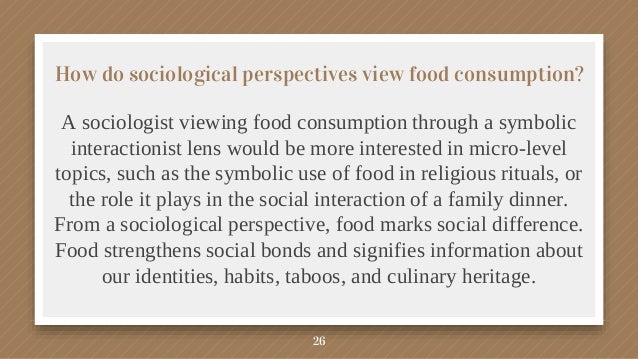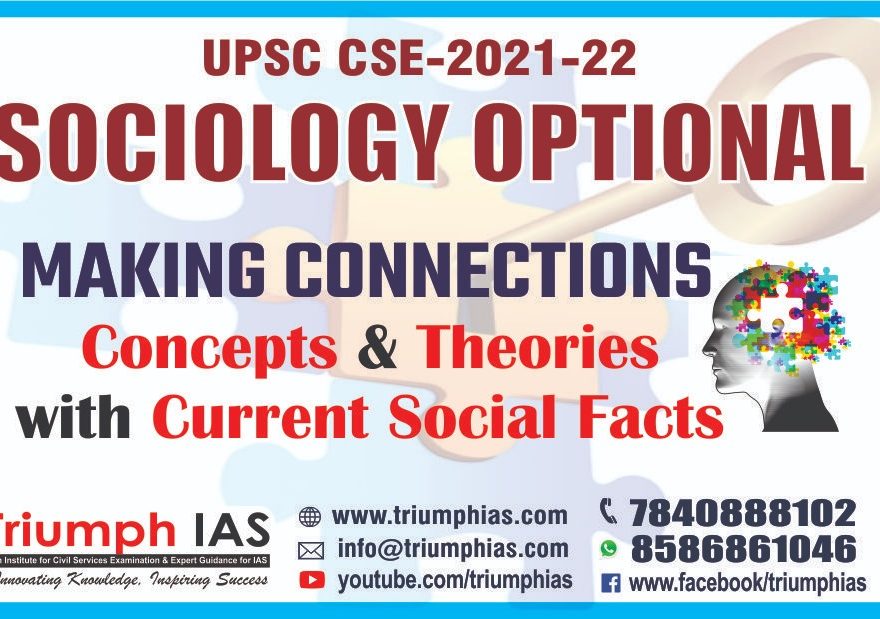Relevance: Sociology: Herbert Mead: Symbolic Interactionism
Symbolic interactionism is a micro-level theory that focuses on the relationships among individuals within a society. Communication—the exchange of meaning through language and symbols—is believed to be the way in which people make sense of their social worlds. Theorists Herman and Reynolds (1994) note that this perspective sees people as being active in shaping the social world rather than simply being acted upon.
George Herbert Mead founder of symbolic interactionism.
If you love books, for example, a symbolic interactionist might propose that you learned that books are good or important in the interactions you had with family, friends, school, or church; maybe your family had a special reading time each week, getting your library card was treated as a special event, or bedtime stories were associated with warmth and comfort.

The consumption of food is a commonplace, daily occurrence, yet it can also be associated with important moments in our lives. Eating can be an individual or a group action, and eating habits and customs are influenced by our cultures. In the context of society, our nation’s food system is at the core of numerous social movements, political issues, and economic debates.

A structural-functional approach to the topic of food consumption might be interested in the role of the agriculture industry within the nation’s economy and how this has changed from the early days of manual-labor farming to modern mechanized production. Another examination might study the different functions that occur in food production: from farming and harvesting to flashy packaging and mass consumerism.
A conflict theorist might be interested in the power differentials present in the regulation of food, by exploring where people’s right to information intersects with corporations’ drive for profit and how the government mediates those interests. Or a conflict theorist might be interested in the power and powerlessness experienced by local farmers versus large farming conglomerates, such as the documentary Food Inc. depicts as resulting from Monsanto’s patenting of seed technology. Another topic of study might be how nutrition varies between different social classes.
A sociologist viewing food consumption through a symbolic interactionist lens would be more interested in micro-level topics, such as the symbolic use of food in religious rituals, or the role it plays in the social interaction of a family dinner.
This perspective might also study the interactions among group members who identify themselves based on their sharing a particular diet, such as vegetarians (people who don’t eat meat) or locavores (people who strive to eat locally produced food).

